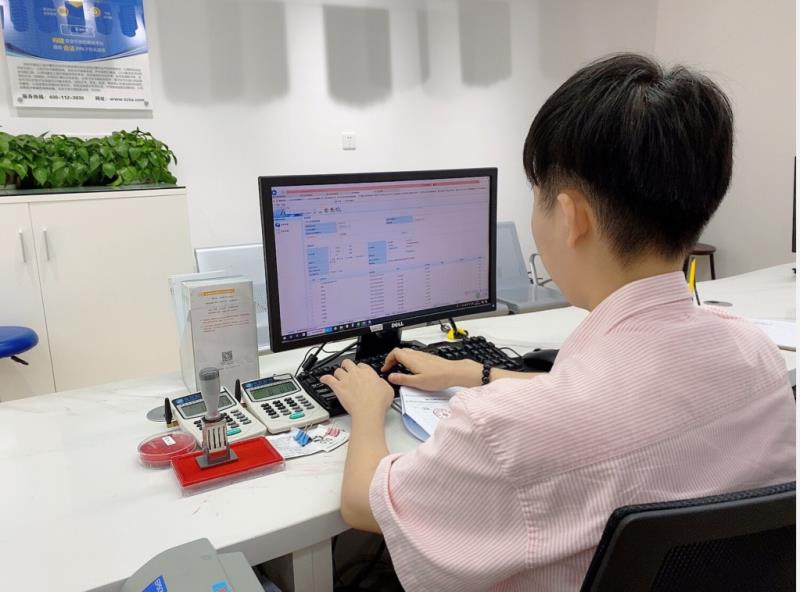Shenzhen leads peers in boosting fortunes of SMEs


The Shenzhen government and businesses in the city are making concerted efforts in pushing forward digitalization among small and medium-sized enterprises in a move to help enhance SMEs' competitiveness amid global economic uncertainties.
The Shenzhen Service Bureau for Small and Medium-sized Enterprises has teamed up with four digital service giants in the country-Ping An Smart City, Alibaba Cloud, Tencent Cloud and Huawei Cloud-to launch an action plan to promote digital upgrades of local SMEs.
According to the action plan, the four enterprises will hold a digitalization-themed event every quarter to help SMEs solve a specific problem based on their common needs.
They will also set up a special team of experts on enterprise management, marketing, law and finance to provide volunteer services for SMEs.
"We hope to mobilize not only government resources, but also other resources in society to build a sound ecosystem for SMEs to grow and develop so that more enterprises like Huawei, Ping An and Tencent could be created in the city," said Jia Changsheng, head of the bureau.
According to a white paper jointly published by Dell Technologies and International Data Corp, viability of small businesses is closely related to their digital level. For small enterprises with the highest level of digitalization, their average life span is 13.3 years, five times longer than the overall average lifetime of 2.5 years.
It also shows that small businesses in Shenzhen perform better than their peers across the country in terms of digital management, digital operation, data management and new technology application.
Over 70 percent of small enterprises in Shenzhen have reached medium level or above in terms of the maturity of digitalization, compared with 52 percent nationwide, the white paper said.
Shenzhen Digital Certificate Authority Co Ltd is one of the players from the business side making contributions in the process.
The company, which focuses on providing electronic certification services for government departments, businesses and individuals, has put into use its digital technologies in various fields, including finance, agriculture and medical care.
In finance, for example, the company helps facilitate electronic data interchanges between the Chinese mainland and Hong Kong.
"It's hard to sign electronic contracts between businesses and people from the Chinese mainland and Hong Kong due to differences in their legal systems. What we do is to build a bridge to enable cross-border data interchanges," said Luo Weiwei, deputy general manager of the company.
The services have been used to help Chinese mainland residents set up Hong Kong securities accounts online. Luo said the company has served 46 Hong Kong securities firms so far, with 1 million people from the Chinese mainland having set up securities accounts in Hong Kong via its services.
In the field of agriculture, the technology has been adopted to facilitate the business of agricultural companies. With an online traceable platform being established, they no longer need to manually label country of origin of agricultural products individually, but can get all the information online, significantly enhancing work efficiency, Luo said.



































